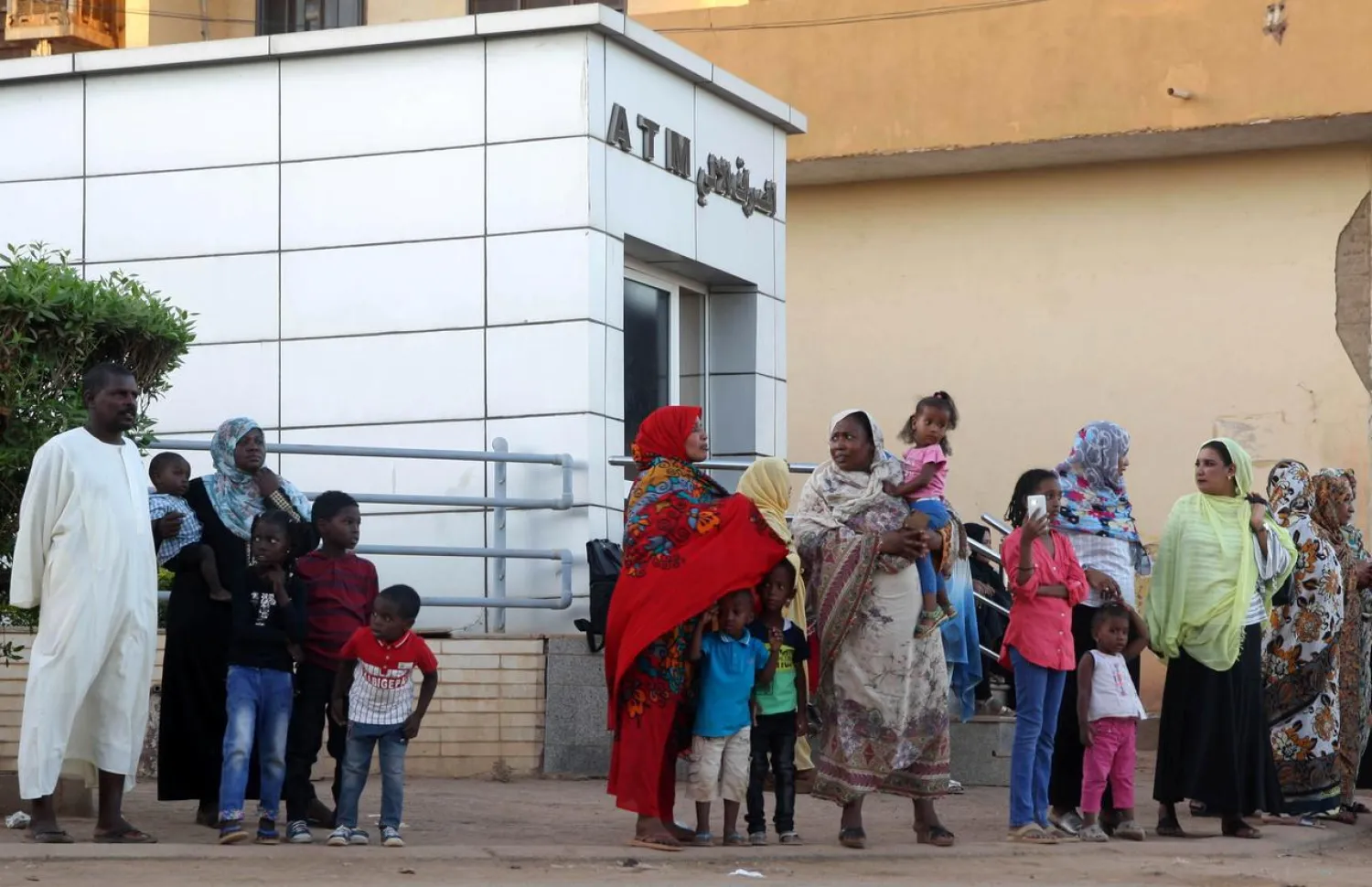The Sudanese government approved the budget of 2021 that eyes an increase in revenues and a decline in deficit compared to the budget of the previous year.
This will be Sudan’s first budget after its removal from the US’ List of States Sponsors of Terrorism.
Experts predict the Sudanese economy to grow during the current year, putting an end to the financial crises that citizens faced for years.
The budget aims to achieve a positive growth rate of the gross domestic product (GDP), and reduce the total deficit within safe limits.
It also increases the Finance Ministry’s control over public funds, including companies owned by the army and security agencies, in addition to the central bank's control of the foreign exchange.
The 2021 budget comes in light of the continuous devaluation of the Sudanese pound against foreign currencies, which led to a significant rise in inflation rates and a subsequent increase in the prices of basic commodities.
The Finance Minister, Heba Mohammed Ali, expects the 2021 budget to achieve better growth rates of total output, sufficient to reduce unemployment rates and income inequality.
Member of the Supreme Budget Committee Adel Khalfallah told Asharq Al-Awsat that the budget is based on actual figures that took into account the positive effects that could accrue to the economy, after removing Sudan from the States Sponsors of Terrorism.
He explained that the budget aims to achieve a developmental balance and allocate resources to projects that are distributed in a fair way across all states of the country.
The budget agreed to keep the price of customs dollar at its current rate and assured it will maintain the exchange rate of one dollar to SDG55.
The budget includes an increase in taxes on the productive and commercial sectors as well as capital owners who benefited from the ousted regime.
Khalfallah pointed out that the progressive tax will be adopted to face the consequences of economic reform policies affecting low-income groups.
Before the government’s budget approval, the Supreme Committee recommended increasing production in various sectors, stimulating exports, limiting imports, and maximizing revenues from natural resources, especially gold.
The Finance Ministry asserted it doesn’t intend to increase the value of the customs dollar, and that any adjustments will not take place without conducting relevant studies to know the effects on the overall economy.
The 2021 budget aims to focus on the health and education sectors and continue with the financial support program for families and vulnerable groups.
The repercussions of the coronavirus pandemic led to a 40 percent decrease in public revenues in last year's budget.
The Ministry did not rule out that the 2021 budget will face foreign and local challenges that may lead to a decline in the GDP, as well as increasing inflation, unemployment rate, budget deficit, and public debt.









